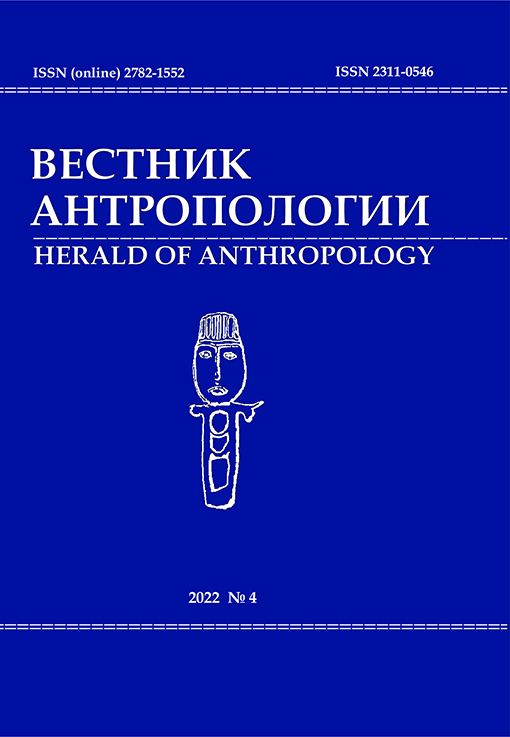Current Trends and Prospects for the Sociology of Religious Conversion
DOI: 10.33876/2311-0546/2022-4/7-25
Keywords:
sociology of religious conversion, integrative model, cultural approach, market theory of religion, analytical sociology, explanatory mixed methodsAbstract
The review article is devoted to the theoretical and methodological study of the religious conversion in contemporary sociology. The focus is on the integrative conceptual models of religious change, formed at the end of the 20th and beginning of the 21st century, which try to solve the issue of structure and agency through the examination of the process of religious conversion. The paper provides a critical analytical evaluation and comparative analysis of the concept of symbolic transformation by M. Wohlrab-Sahr, the theory of rational choice of religion by R. Stark and R. Finke, the structural-substantial model of conversion by I. Jindra, the concept of conversion career by H. Gooren and the unified theoretical model of religiosity by J. Stolz. The approaches are considered both from the point of view of their ontological foundations — functional analysis, critical realism, methodological and structural individualism — their possibilities and limitations defining the choice of the research tools, and in the theoretical context of their origin — current discussions about secularization, market theory of religion and a cultural approach in the sociology of religion. It is concluded that a prospective direction for the sociology of religious conversion is the methodology of analytical sociology, which is able to identify different mechanisms of religious conversion in relation to relevant contextual conditions, and the use of the strategy of “explanatory mixed methods”, which is able to minimize the problem of validity.





















